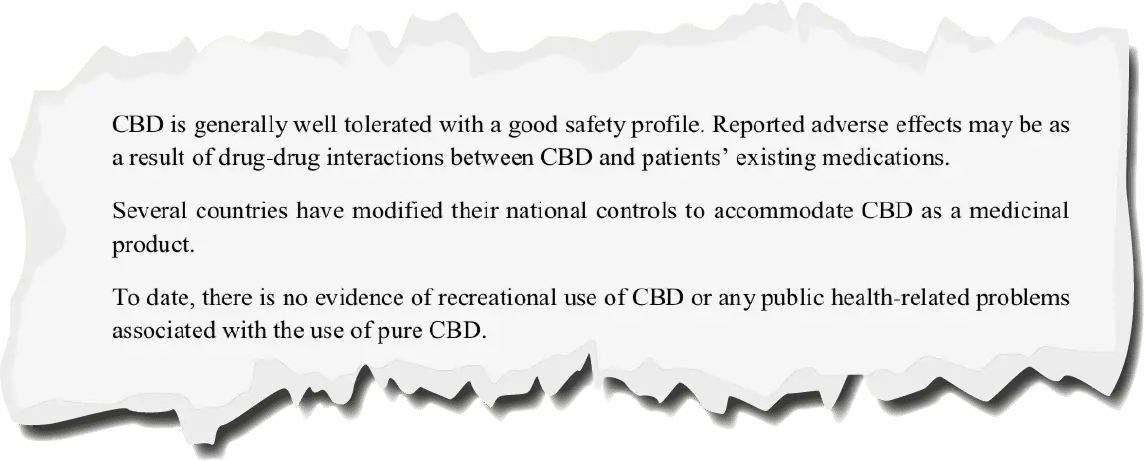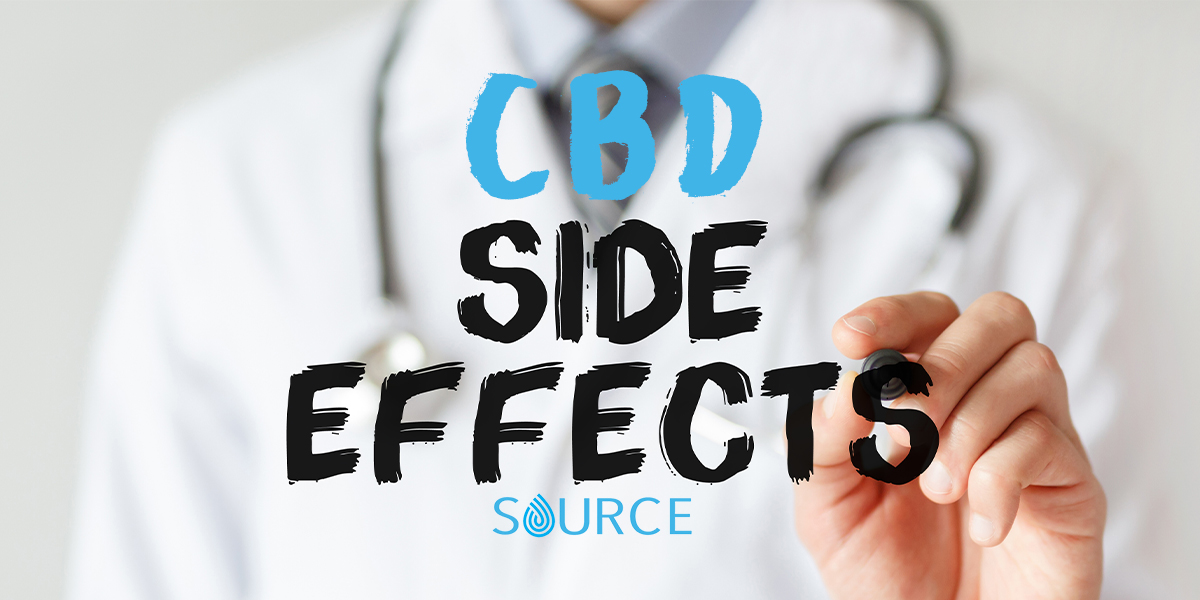CBD Oil for Health
CBD Oil Side Effects – Should You Be Concerned?
As with any new drug or supplement that hits the market, people are always concerned about the impacts on the body. You know, the side effects.
After all, you’ve heard the commercials… “use of this drug may lead to…” often followed by a laundry list of other conditions that are often worse than the condition being treated!!
So, is it the same deal with CBD? Are there CBD oil side effects you should be concerned about? And what about those mice that died?
Here’s what you need to know.
CBD Oil Side Effects
There have been some minor CBD oil side effects reported, and of course, we’re in the business of truth, so we’re going to share.
But, let’s start with this: to date, no cases of toxicity or overdose from CBD oil have been reported. None.
In fact, a review by the World Health Organization (WHO) reports that CBD oil is well tolerated, has a good safety profile, and doesn’t appear to be a risk for abuse, dependence, or other public-health related problems.

Critical Review Report
So, nothing major, but a few minor cases? What exactly are we talking about?
It’s true that, thanks to the limited research on CBD, there’s not a whole whack-load of evidence out there that speaks to this. That said, there is some. The most comprehensive results come from the studies on Epidiolex, the FDA-approved CBD drug for childhood epilepsy. During clinical trials, children aged 2 to 18 were given CBD daily for 14 weeks. These doses were high – about 1,360 mg for a 150 pound adult, more than you’d find in the average bottle of CBD. Yes, the entire bottle.
In most cases, these side effects popped up in the first few weeks of the trial. Thankfully, after dosages stabilized, any adverse symptoms typically subsided. Also, it was noted that decreasing the daily dose helped to decrease the side effects.
So, what side effects were reported?
- Tiredness/fatigue
- Decreased appetite
- Gastrointestinal problems
- Altered liver enzymes
**Remember, those were super high doses.
Other CBD oil side effects that have been reported (outside the Epidiolex study) include:
- Dry mouth
- Diarrhea
So, now you know.
If you’re experiencing any of these, try reducing your dosage then very gradually increasing it over time. That alone can make all the difference. Dosage is important. Go slow when starting out. Let your body adjust.
What About Those Mice and Liver Toxicity?
A few months back, there was a bit of an outcry over a study showing liver toxicity in mice. This study, the aim of which was to determine cannabidiol (CBD) hepatotoxicity, reported that, at certain levels, CBD use could result in damage to the liver.
The internet was alerted to it and, as is typical, people went nuts!
Then, thank goodness, clearer heads prevailed. There were several problems with this study (and it was quickly debunked, thanks Project CBD!).
The biggest issue? The study reported that 75% of mice given a dose of 615 mg/kg ‘developed a moribund condition.’ That means they died. 6 mice received this dose. 75% of 6 = 4.5… So 4.5 mice died… hmmm… is that scientifically possible?
The other issue is the dose itself. The mice were fed varying levels of CBD, but on average these were levels that most humans won’t ever get near. Like, ever. As a Forbes follow-up article notes, “in the real world CBD consumers are not ingesting 0.25% of their body weight – the maximum dose that Ewing et al used in their study of liver toxicity.”
Also, as Project CBD tells us, the maximum dosage recommended for the FDA-approved CBD drug Epidiolex is only 20 mg/kg. That’s more than 100x less than what the study’s researchers force fed their experimental mice (those poor little creatures).
So, unless you’re drinking bottle after bottle, day after day, liver toxicity isn’t something you need to worry about.
If You’re Taking Prescription Meds
While this isn’t technically related to CBD oil side effects, it is important.
You know how some prescription meds come with the “grapefruit warning” – you know, avoid drinking grapefruit juice when on the medication – CBD may be in the same category.
Like grapefruit, CBD can interfere with cytochrome p450, a group of enzymes that are important to drug metabolism. These are enzymes that your body uses to process certain medications. Taking CBD at the same time as these drugs could potentially pose a risk by either increasing or decreasing the levels of these meds in your bloodstream.
As a precaution, before you start using CBD oil, talk to your doctor about possible drug interactions, just to be safe.
A Note on Quality
When it comes to CBD oil, one important cause for concern as far as side effects doesn’t have to do with CBD itself, but rather the quality of the CBD you’re taking. Because of how hemp is grown, the use of pesticides can lead to less than stellar health impacts, so always look for ORGANIC CBD oil. That’s really important.
As far as side effects, CBD’s seem to be very mild. And we’re A-OK with that!

